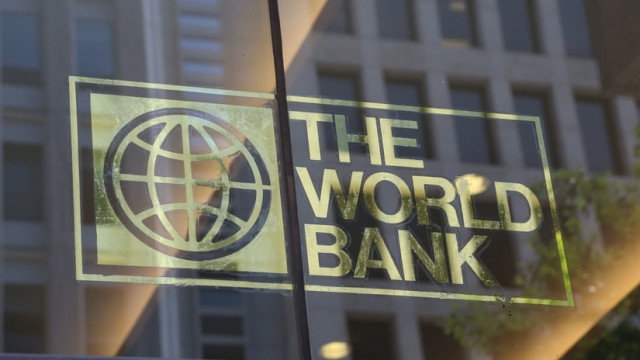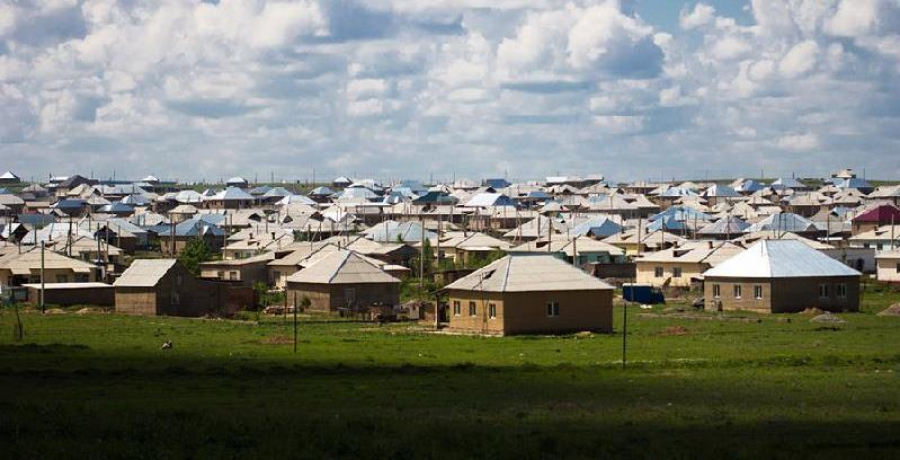
The volume of transportation
along the Trans-Caspian International Transport Route, also known as the Middle
Corridor, could triple by 2030, reaching 11 million tonnes. A significant part
of this cargo turnover is expected to be centered on Kazakhstan. However,
certain measures need to be taken to achieve such figures and halve delivery
times. World Bank experts presented their research on transforming the corridor
in Astana. The identified measures will assist Kazakhstan, Azerbaijan, and
Georgia in transforming the route into one of the most reliable in the world.
To this end, it is important to ensure seamless services and standards,
simplify customs procedures, enhance transparency in transport tariffs,
implement information systems to facilitate the transition to electronic
documentation for railway transport and Caspian Sea shipping, as well as
improve infrastructure. ¤
“So, in the study we did a lot of
trade modeling and transportation modeling. So, for example, there are
challenges with rolling stock. And the three countries need to acquire more
wagons and more locomotives. There are challenges with vessels in the Caspian
Sea, there is a need for more vessels that can move containers across the Caspian
Sea from Aktau to Baku, there is a need for more equipment that handle and
transship the cargo between railway and ports, or railway and road,” Victor
Aragones, World Bank Senior Transport Economist, said.









